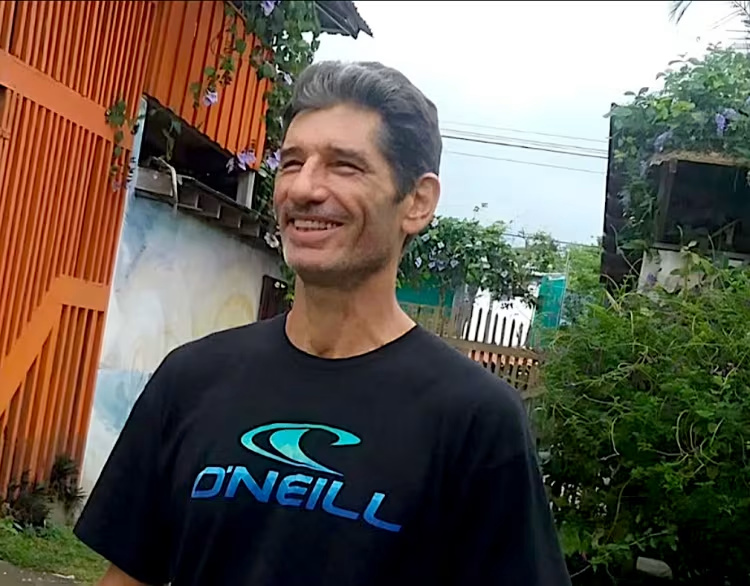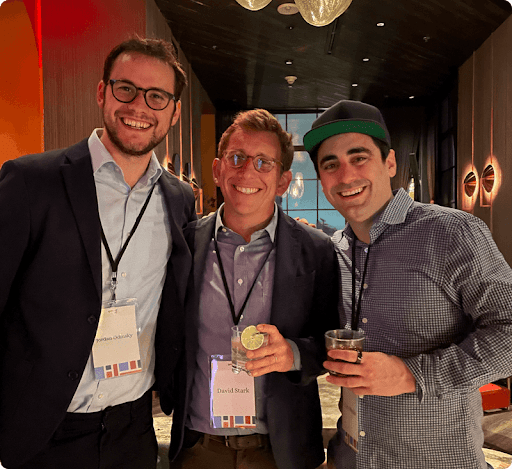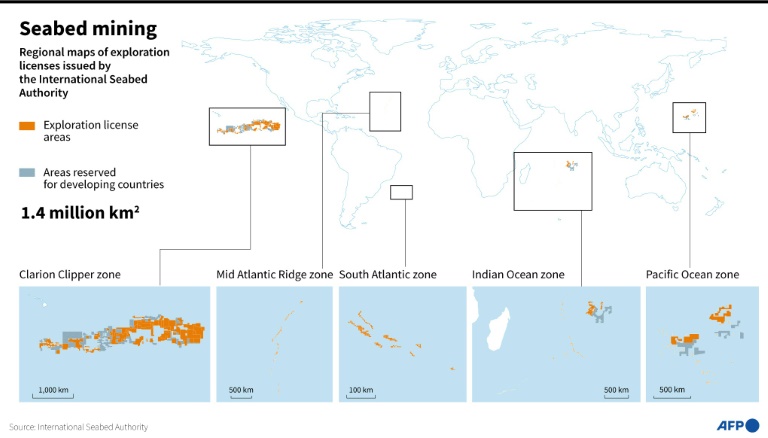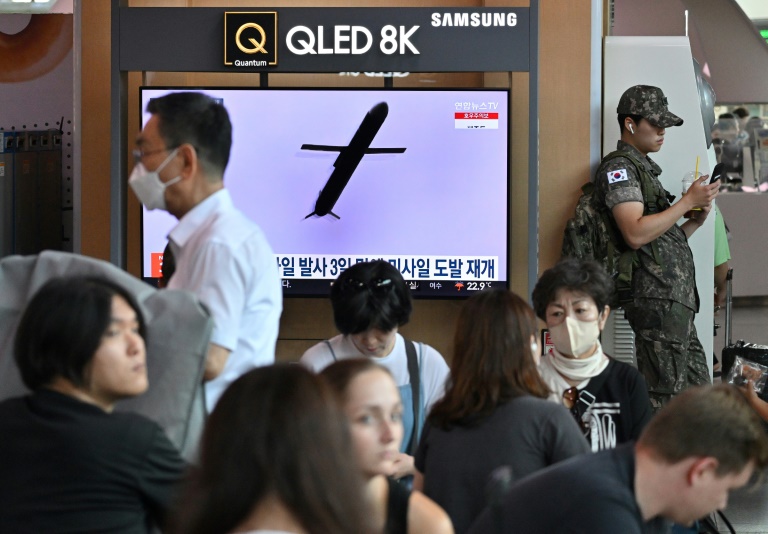The impact that skilled software engineers have had on our society is often overlooked. As easy as it is to order food with a few clicks or visit a doctor, get a prescription, and have it delivered to your door all in the same day, those end-user experiences of the result of years of hard work and iterations from technically skilled professionals. Vaijanath Rao has over 13 years of experience as a software engineer and technical leader, and even projects that he worked on early in his career made a lasting impact that can still be felt today.
Back when AOL was a dominant organization in the online space, Rao was helping the company make the internet more usable and effective. He was on the team that designed, architected, and implemented a mobile search engine for mobile web pages. Back then, in 2008, people had just started using their phones to look online and browse websites, but with this mobile-friendly solution that could crawl, index, and optimize the search experience through ranking strategies, mobile web browsing now accounts for roughly half of all web traffic worldwide.
While working as an architect at Ask.com, Rao became an expert in neural networks and related term recommendations. These terms might not mean much to the average internet user, but they enable the sophisticated search engines that society is accustomed to. Related terms is a feature that can look at specific keywords and find related keywords based on the content; this requires a neural network that can learn context and word associations, and it was Rao that built some of these early capabilities for major online platforms.
Glassdoor is a well-known job search platform that also allows prospective employees to read reviews about companies, get an idea of salary ranges, and more. The assortment of tools offered by the platform is vast, and to serve customers with different needs, the technical infrastructure needs to measure up. Rao helped lead improvements in the matching algorithm for resume submissions, making it easier for applicants to get connected with jobs that match their qualifications, interest areas, responsibilities, skills, and prior work experience.
He also trained the search ranking and personalization features that return a list of prospective roles when a user searches certain keywords on the platform. This algorithm helps personalize the job hunt from start to finish, but training it required a heavy technical lift. The impact that Rao had a Glassdoor went so much further than the platform itself; he helped people find jobs that were good fits, made it easier to do so, and even created a way for Glassdoor to recommend jobs, taking some of the heavy lifting out of the process.
Now, as the Head of Data Science at Quicken.com, Rao doesn’t spend as much time building algorithms and training models as he used to. His days are filled with mentoring software engineers, building strategy roadmaps, and ensuring resources are allocated properly. Even still, it’s his leadership that enables Quicken to provide customized financial recommendations to its end users. Personal finance is so important, and things like savings recommendations or retirement planning wouldn’t be possible without the hard work of Rao and his teams.
Vaijanath Rao’s career has impacted how customers interact with digital tools over and over again. He was part of the early push to turn the internet into a powerhouse, and he continued using that same drive to turn other platforms into amazing tools for their customers. Next time you look up a question you’ve been wanting to find or get an online recommendation, remember that it’s people like Rao that work behind the screen to make it all possible. What takes you one second to do took them months and even years of their career to create.







